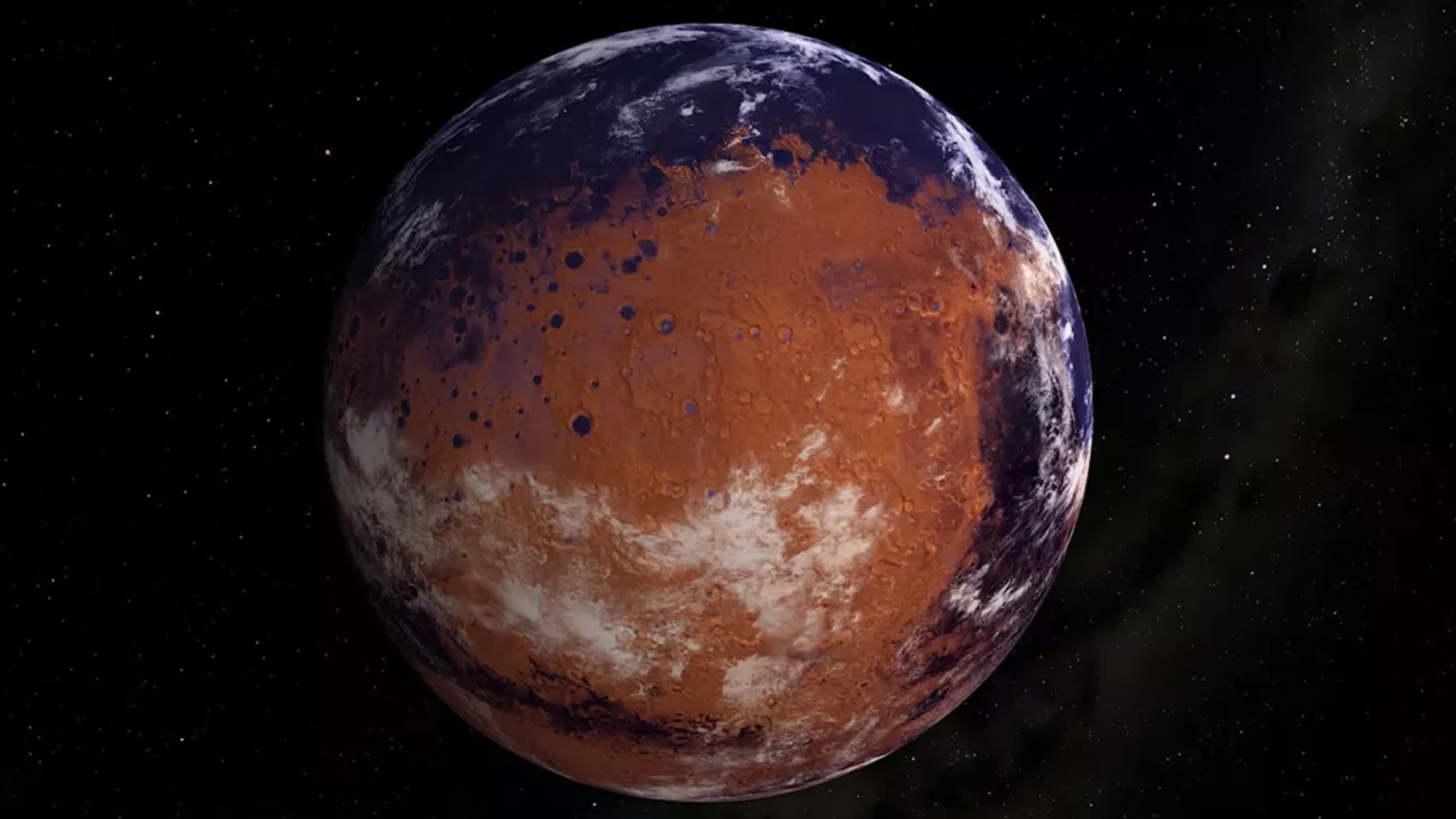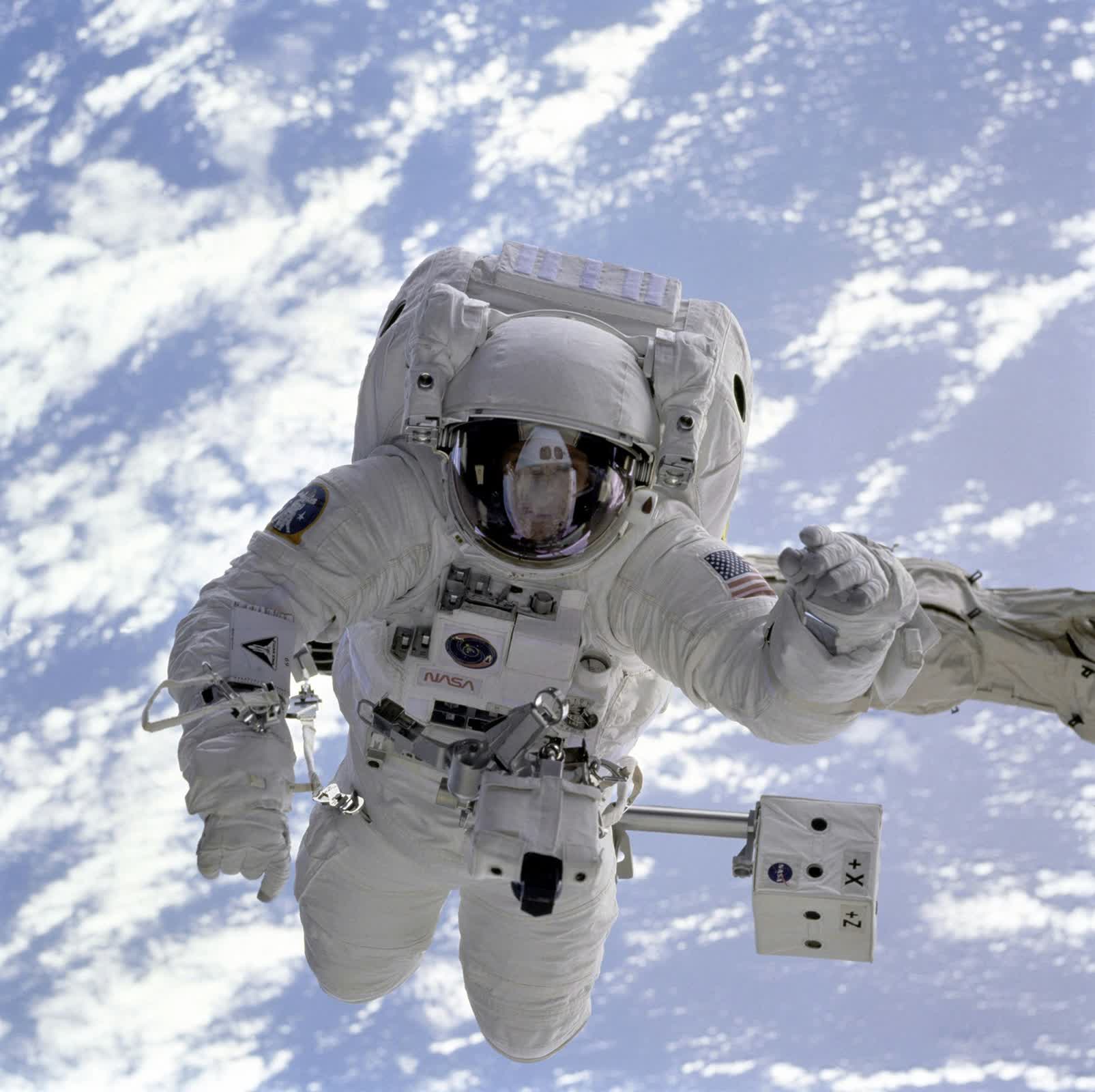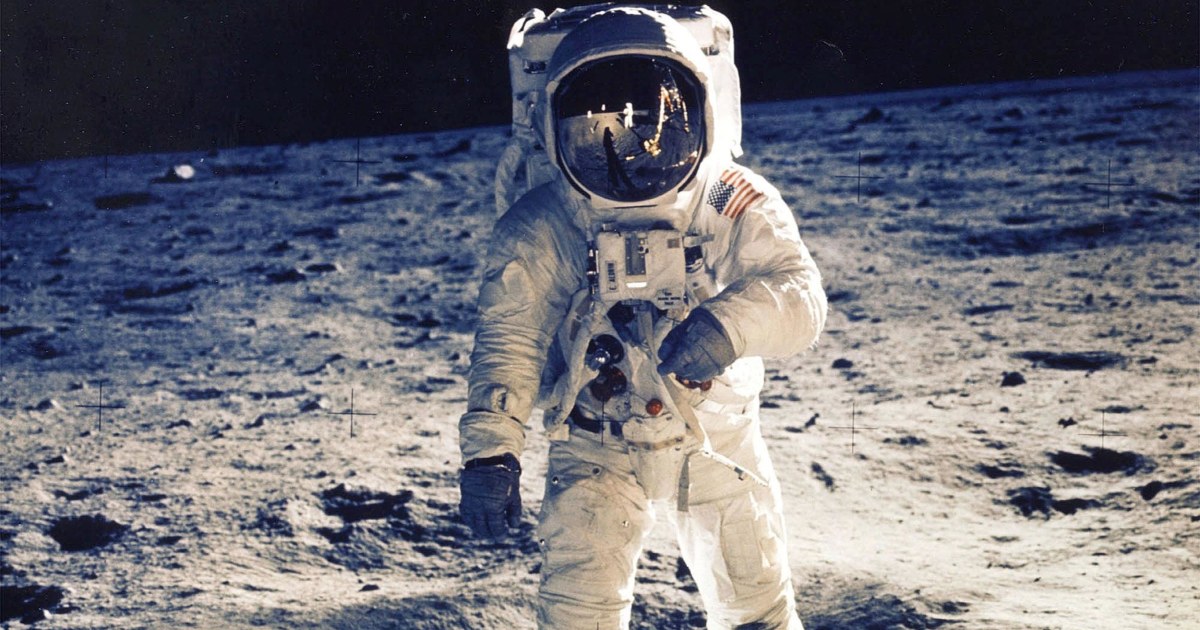Why it matters: A manned mission to Mars is a long-term goal of the scientific community. However, a new study has presented a significant challenge to this objective: human kidneys may not endure the long trip to the Red Planet. While scientists are already considering potential solutions, much more research is needed.

Elon Musk believes humans will be able to land on Mars within five to 10 years. NASA also expects this will happen at some point.
However, new research by scientists at University College London casts doubt on these aspirations. The study found that the structure and function of the kidneys change during space flight, with galactic radiation causing permanent damage. Published in Nature Communications, this study is the largest analysis of kidney health in space flight to date. It also offers the first health dataset for commercial astronauts.
"If we don't develop new ways to protect the kidneys, I'd say that while an astronaut could make it to Mars, they might need dialysis on the way back," said Dr. Keith Siew, the first author of the study from the London Tubular Centre, based at the UCL Department of Renal Medicine.
Since the 1970s, it has been clear that space flight causes health issues for astronauts, such as loss of bone mass, weakening of the heart and eyesight, and the development of kidney stones. It is theorized that exposure to space radiation, such as solar winds from the Sun and Galactic Cosmic Radiation (GCR) from deep space, is the cause. Earth's magnetic field provides at least partial protection to the manned space flights that take place in low Earth orbit. The 24 people who have traveled to the Moon were exposed to unmitigated GCR, but only for a period of six to 12 days.

To determine the health conditions humans might experience during space travel beyond Earth's magnetic field over longer periods, a UCL-led team of researchers from over 40 institutions across five continents conducted a range of experiments, including biomolecular, physiological, and anatomical assessments using data and samples from 20 study cohorts. They also performed 11 space simulations involving mice and rats, seven of which involved mice exposed to simulated GCR doses equivalent to 1.5-year and 2.5-year Mars missions.
They found that both human and animal kidneys are "remodeled" in these conditions, with specific kidney tubules responsible for fine-tuning calcium and salt balance showing signs of shrinkage after less than a month in space. Microgravity, rather than GCR, is posited as the likely cause, with further research needed to determine if the interaction of microgravity and GCR can accelerate or worsen these structural changes.
With the problem now roughly outlined, the researchers are also considering possible solutions.
Shielding won't work, said Professor Stephen Walsh, senior author of the study from the London Tubular Centre, UCL Department of Renal Medicine, but it may be possible to develop technological or pharmaceutical measures to facilitate extended space travel as more is learned about renal biology.
"Any drugs developed for astronauts may also be beneficial here on Earth, for example by enabling cancer patients' kidneys to tolerate higher doses of radiotherapy, the kidneys being one of the limiting factors in this regard," he added.

